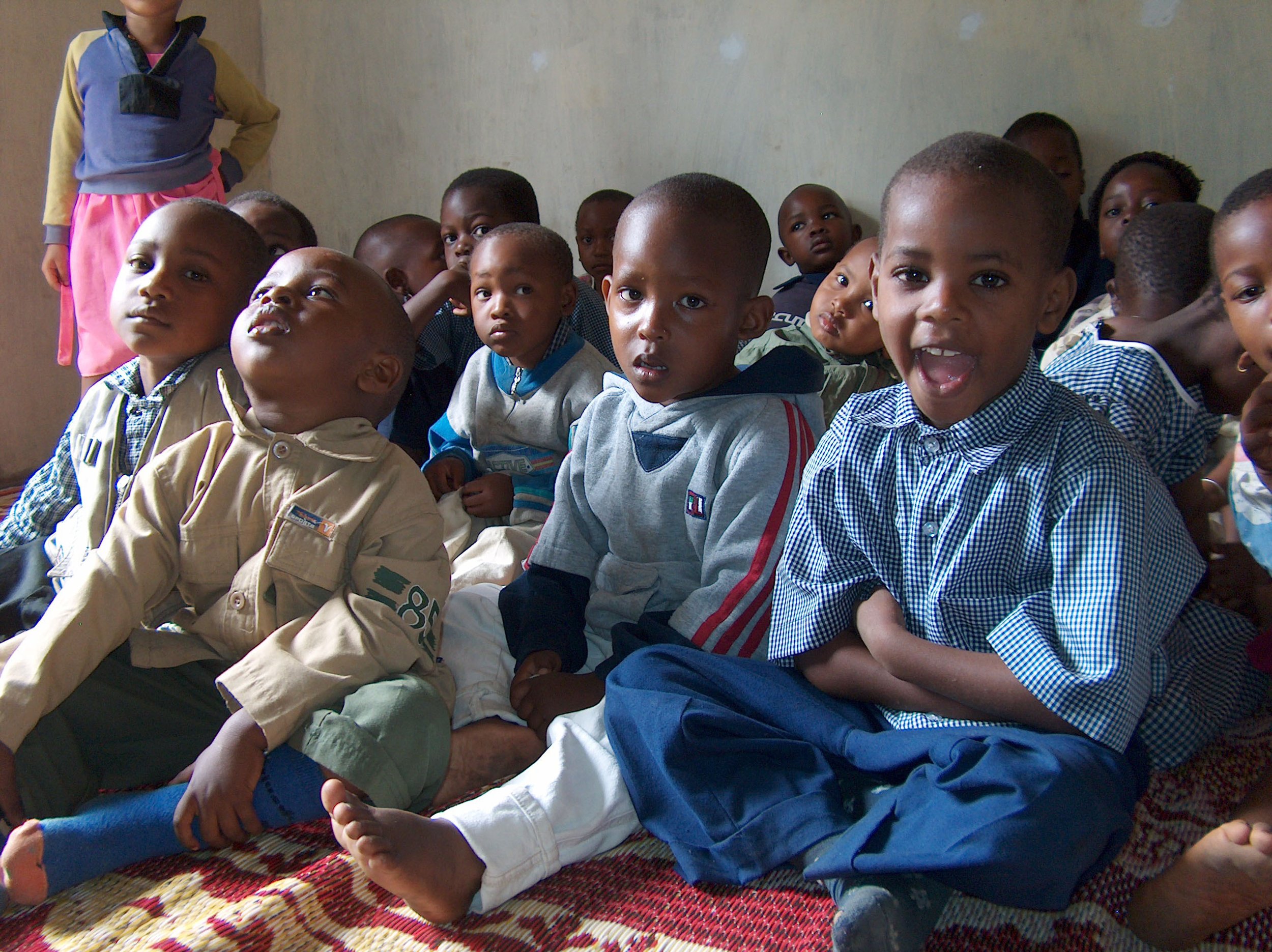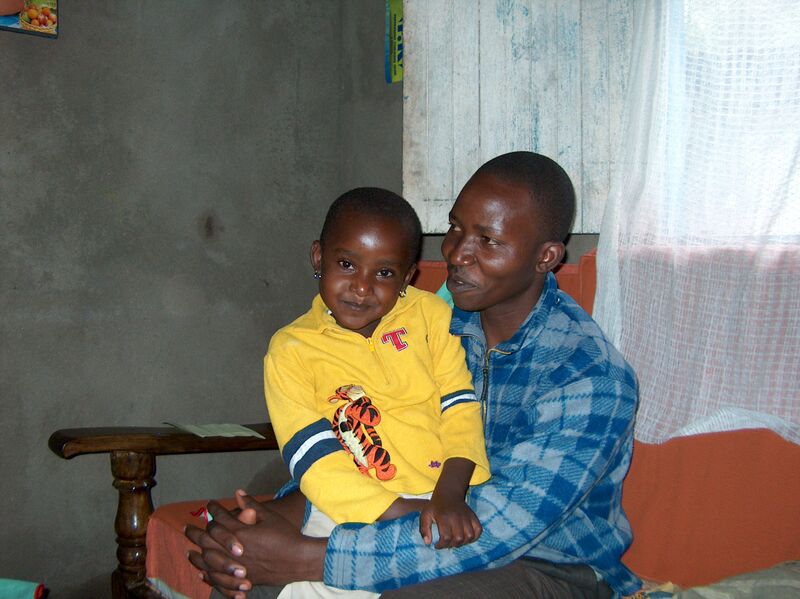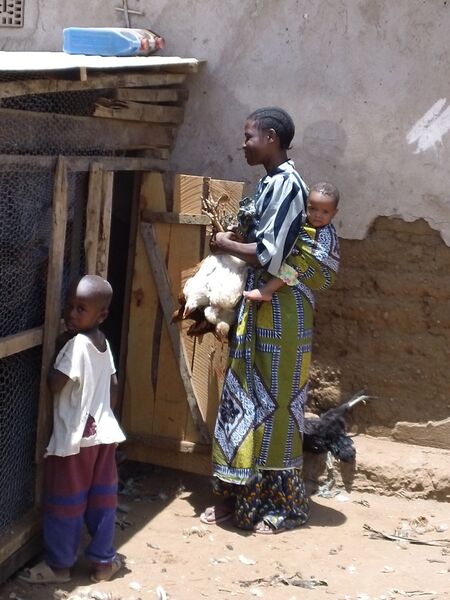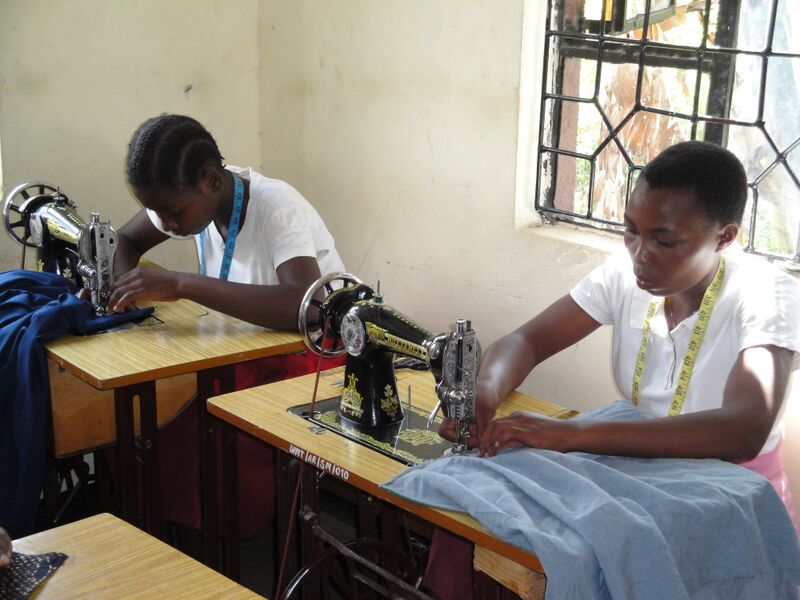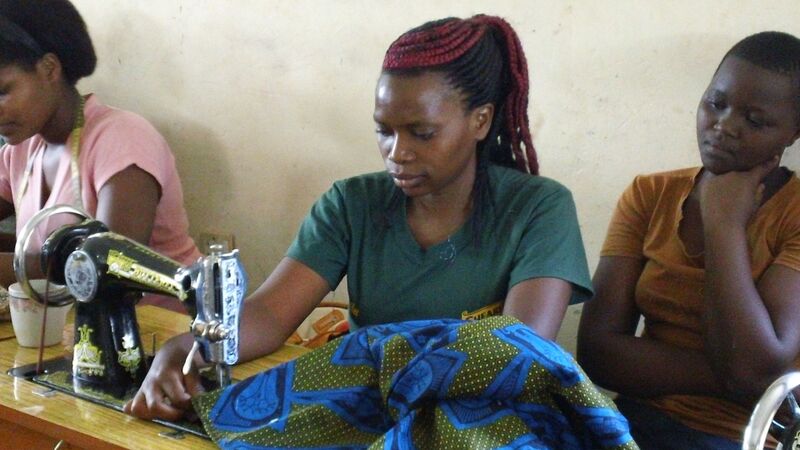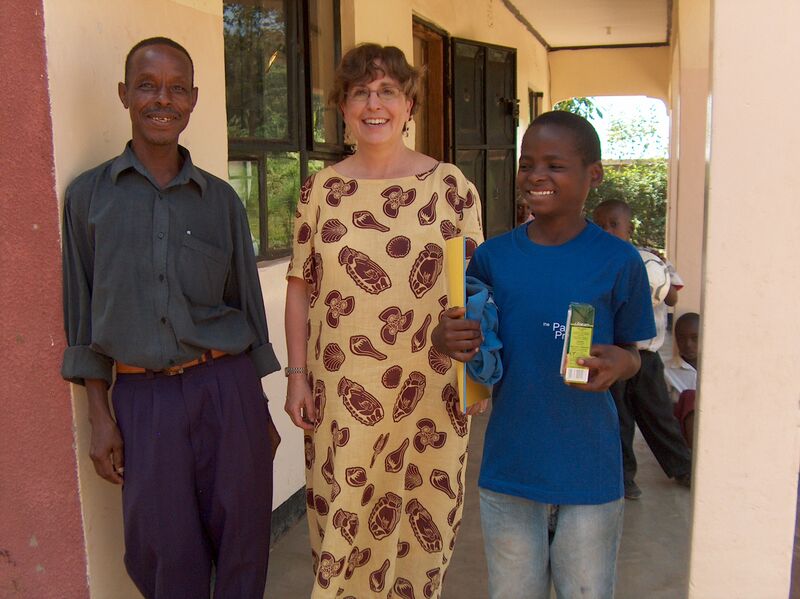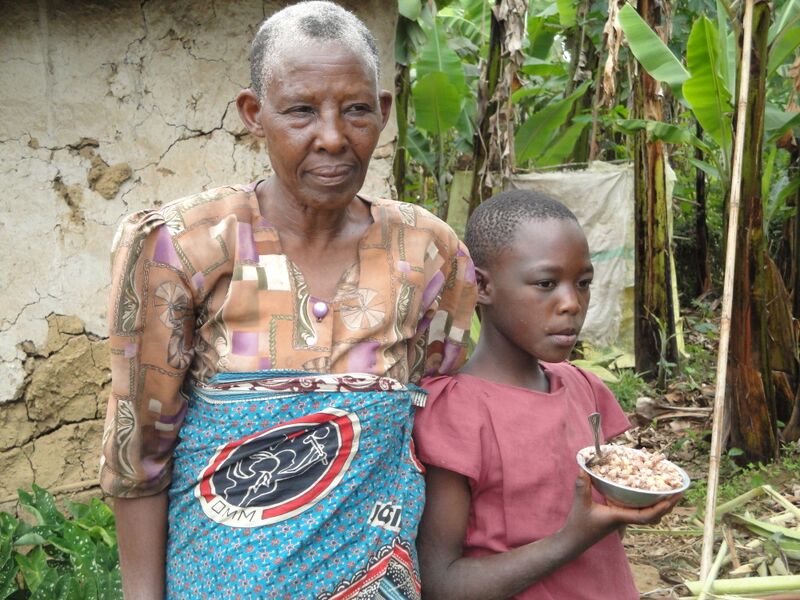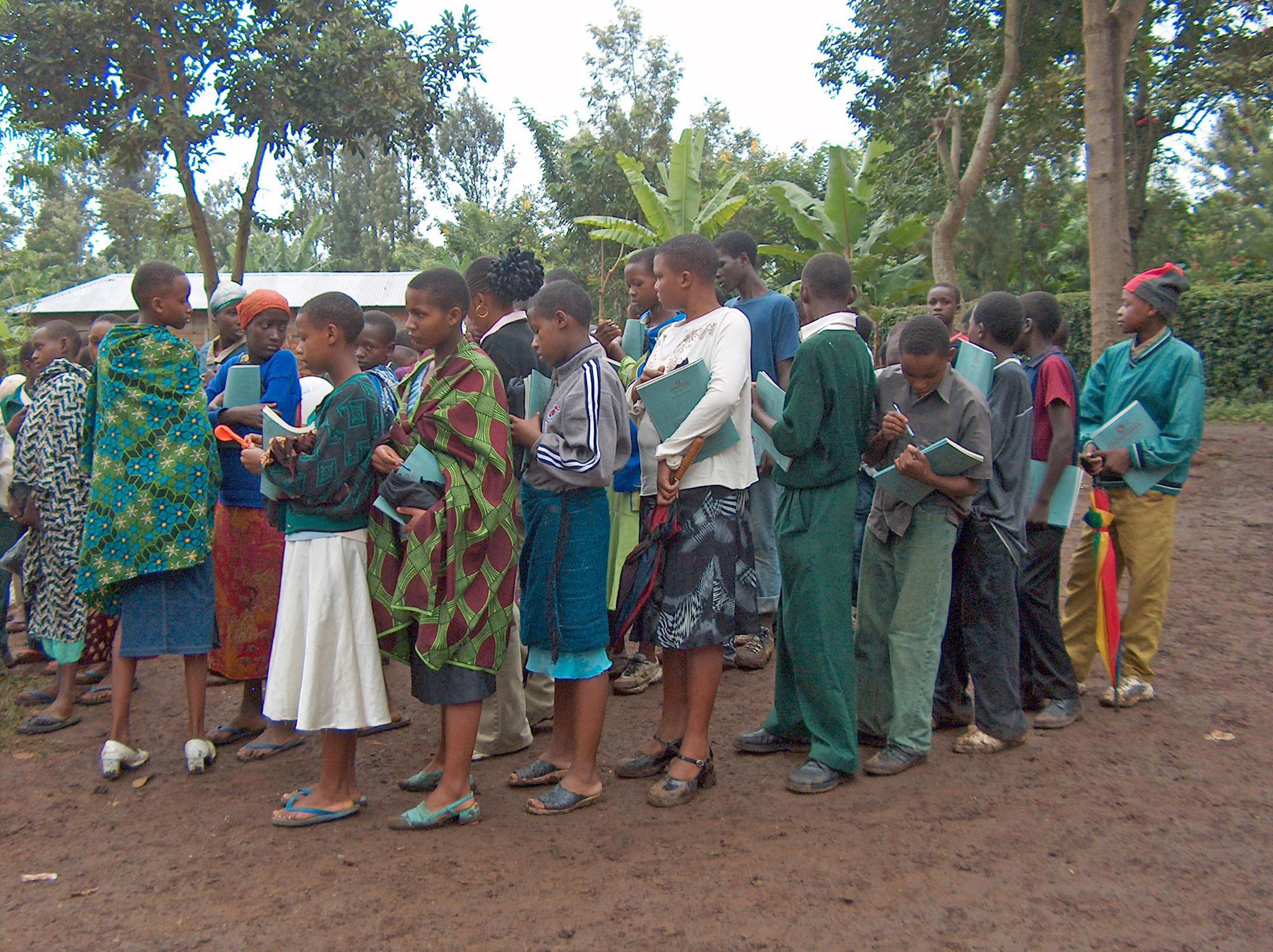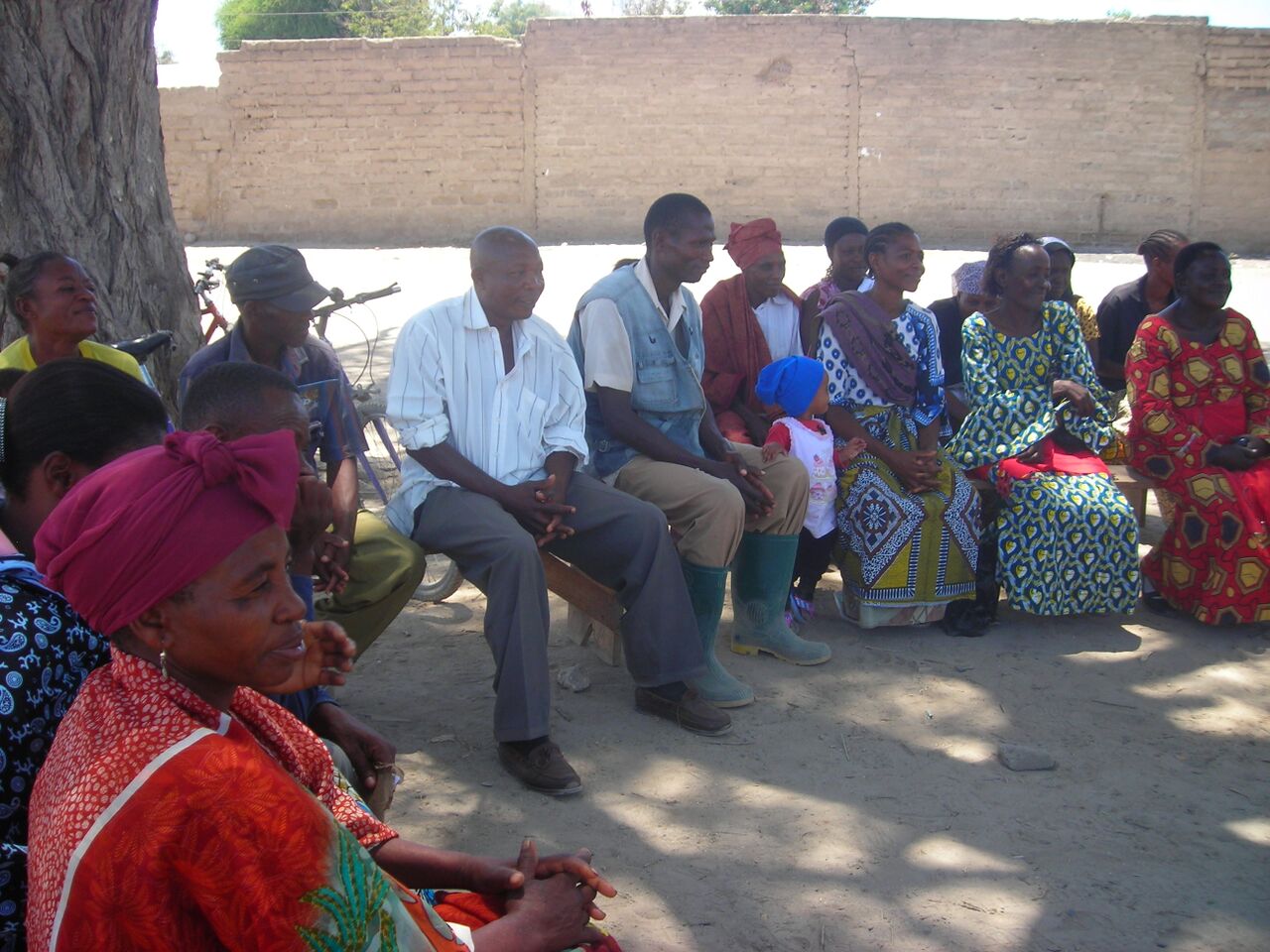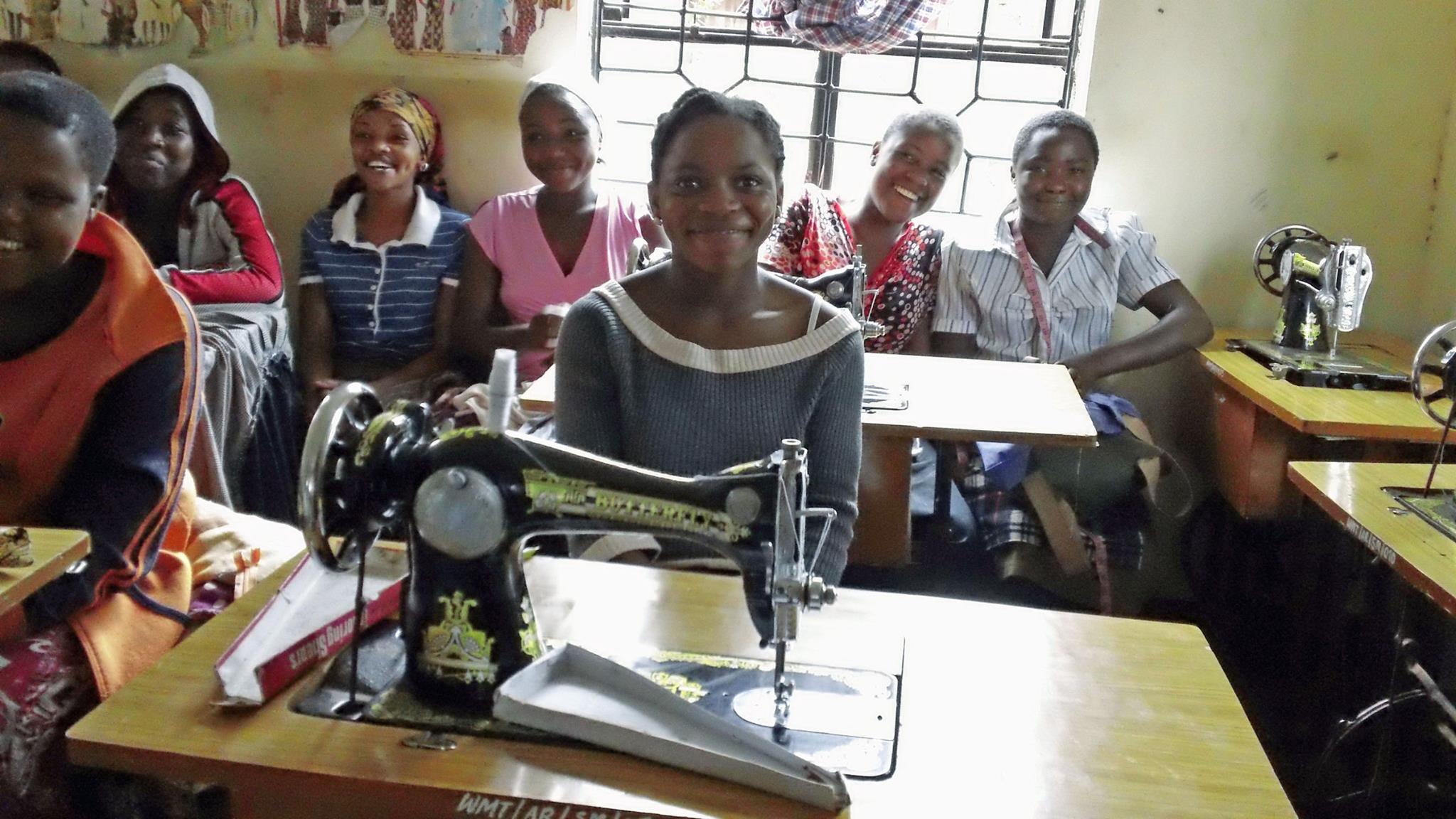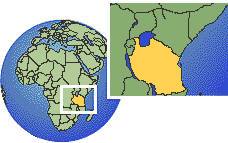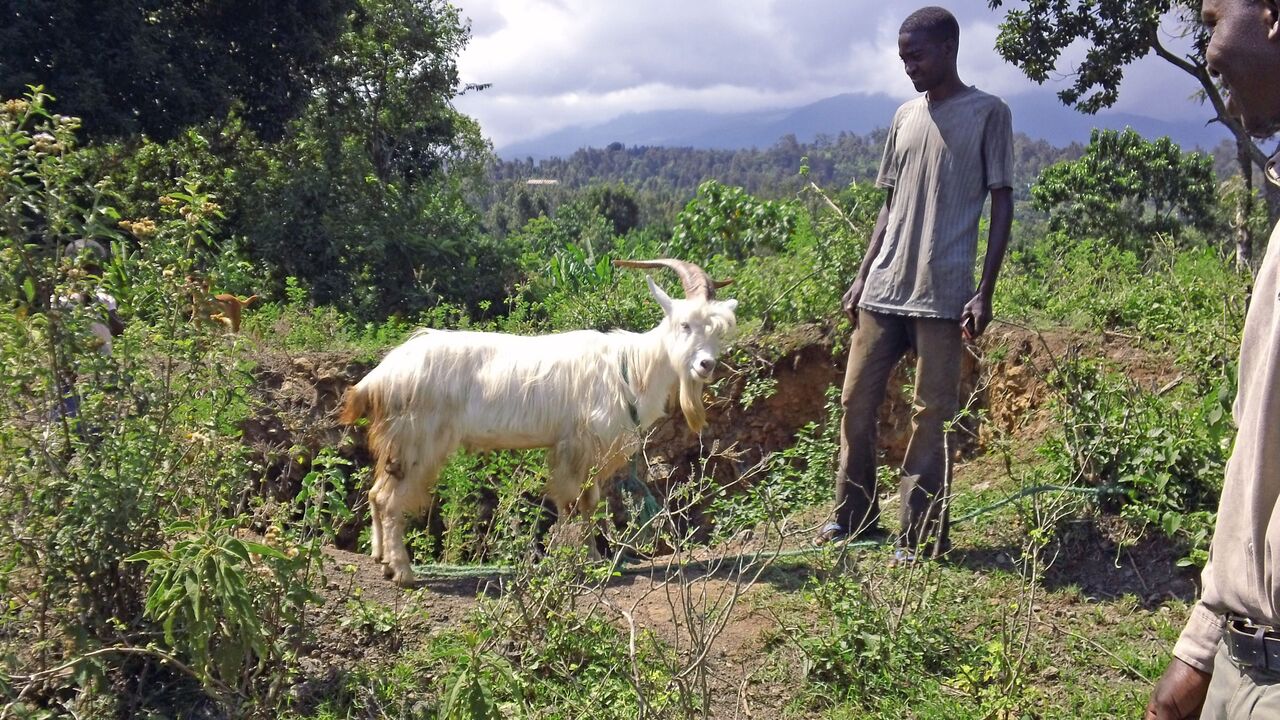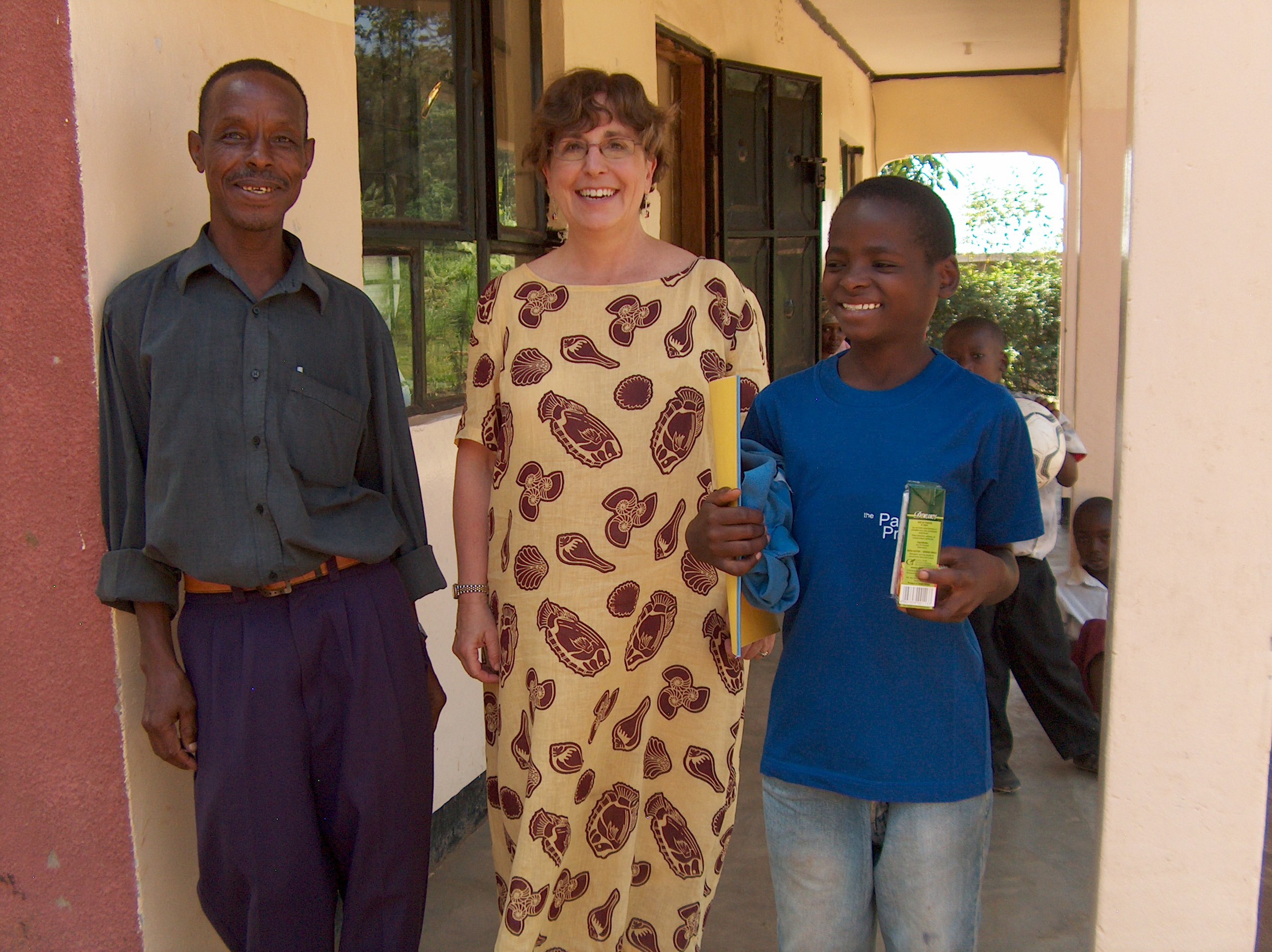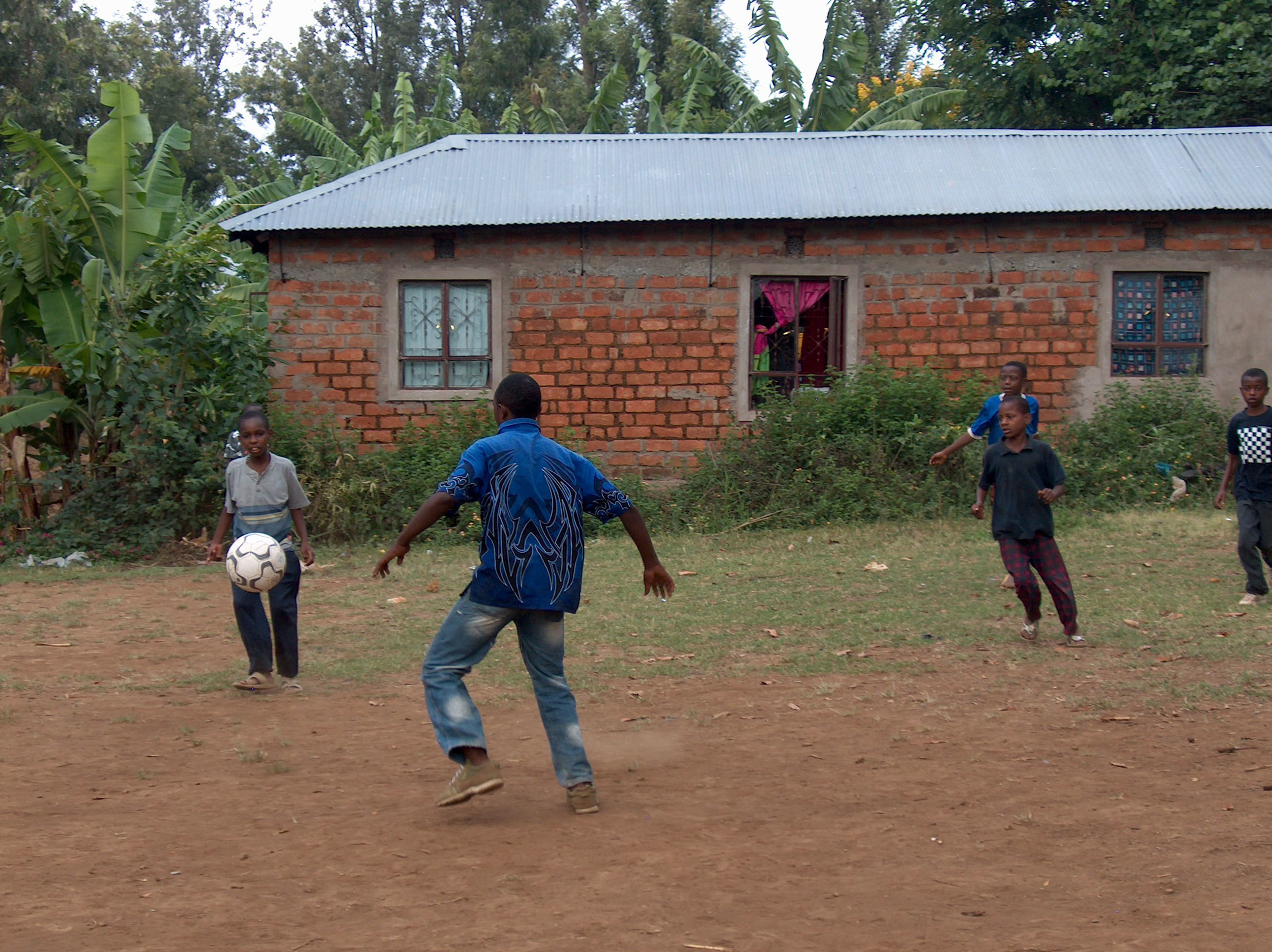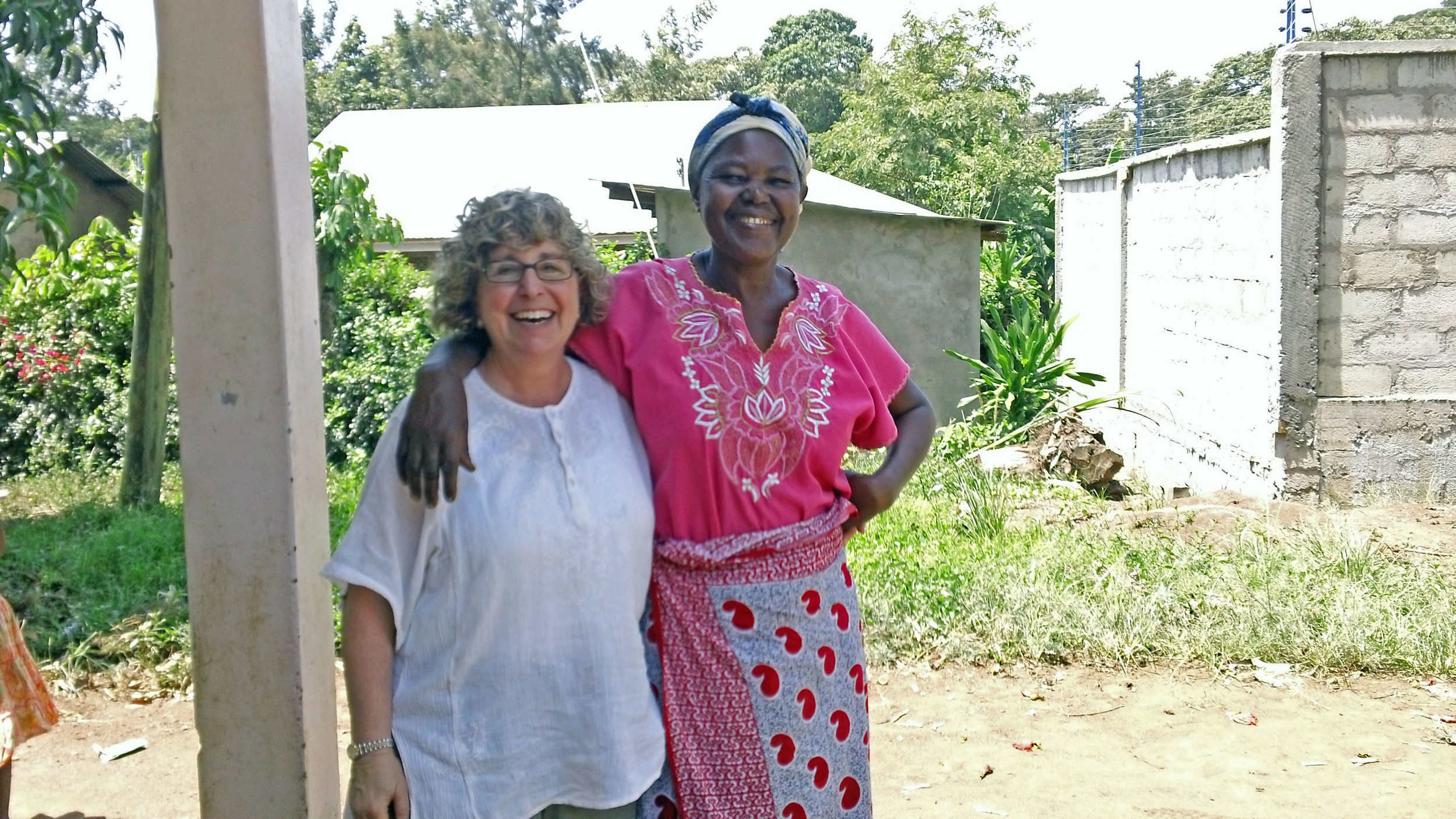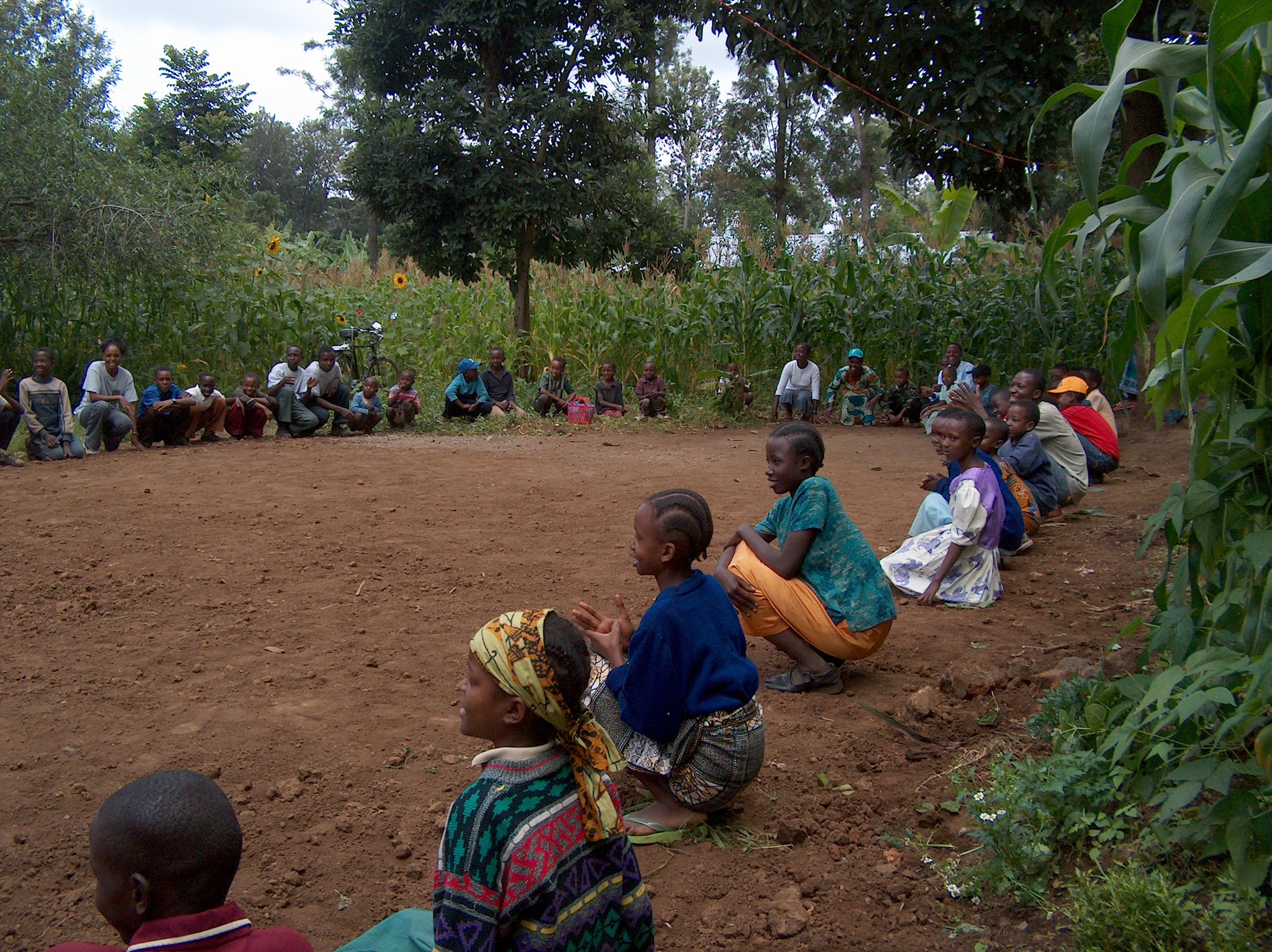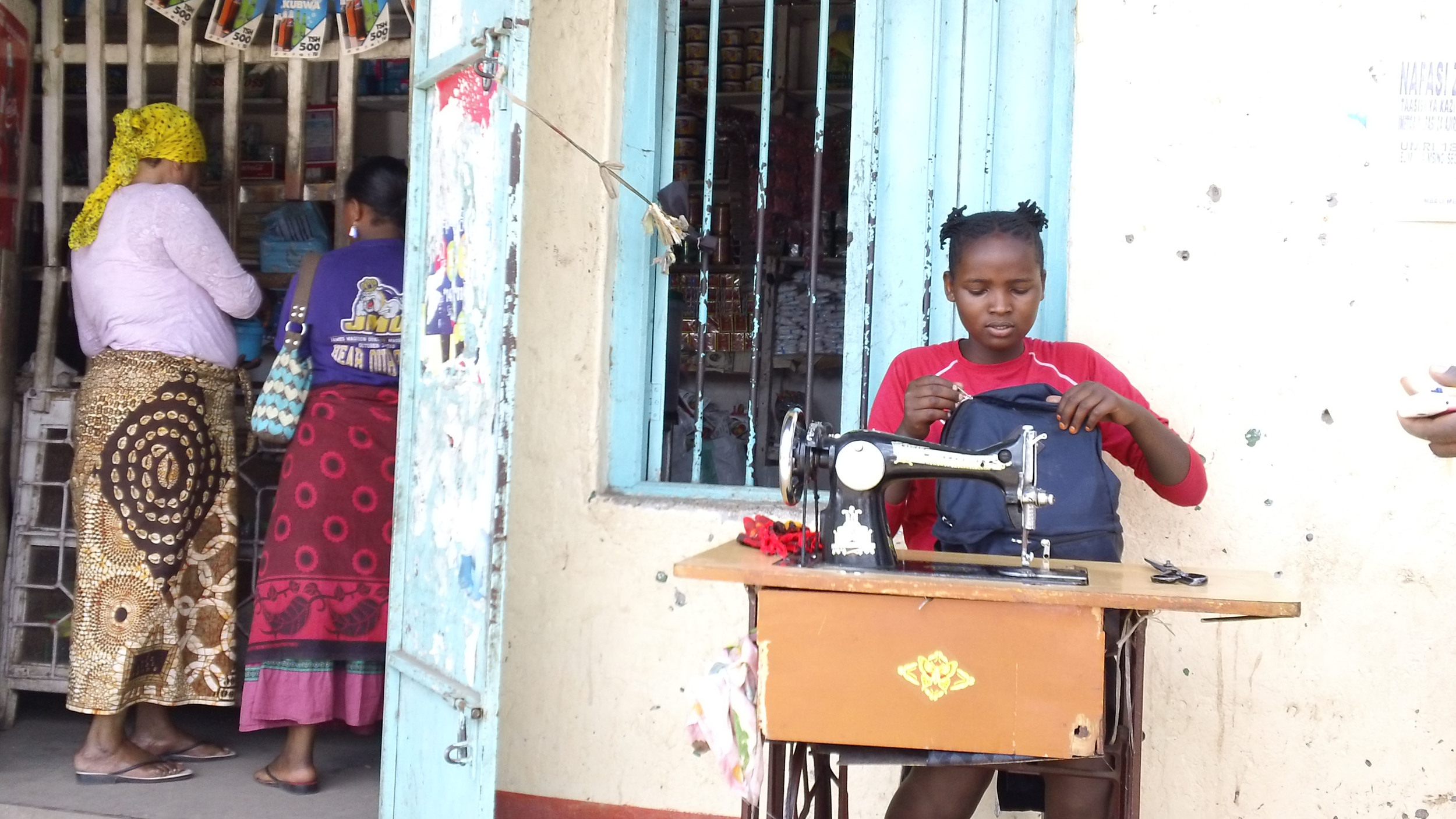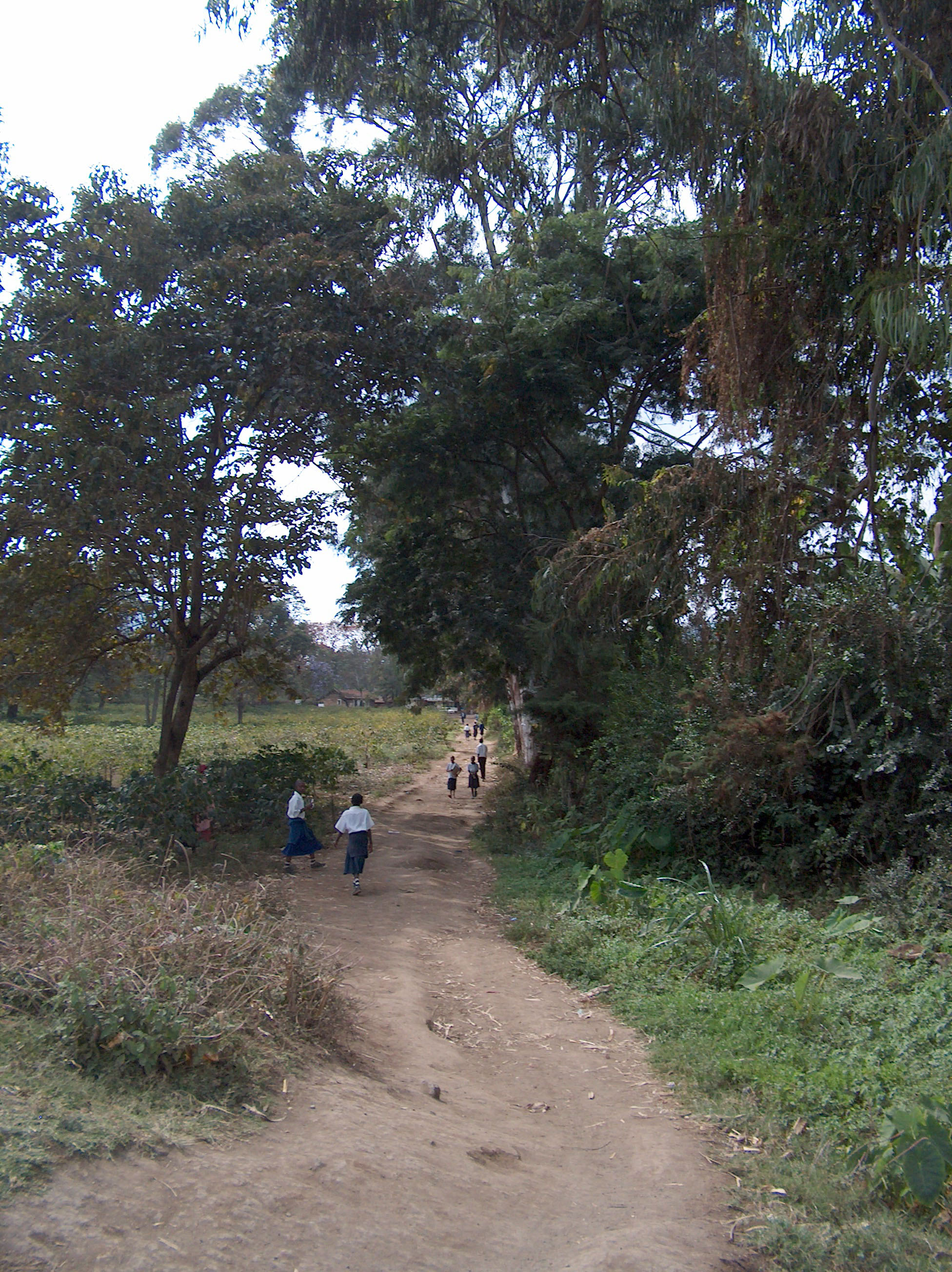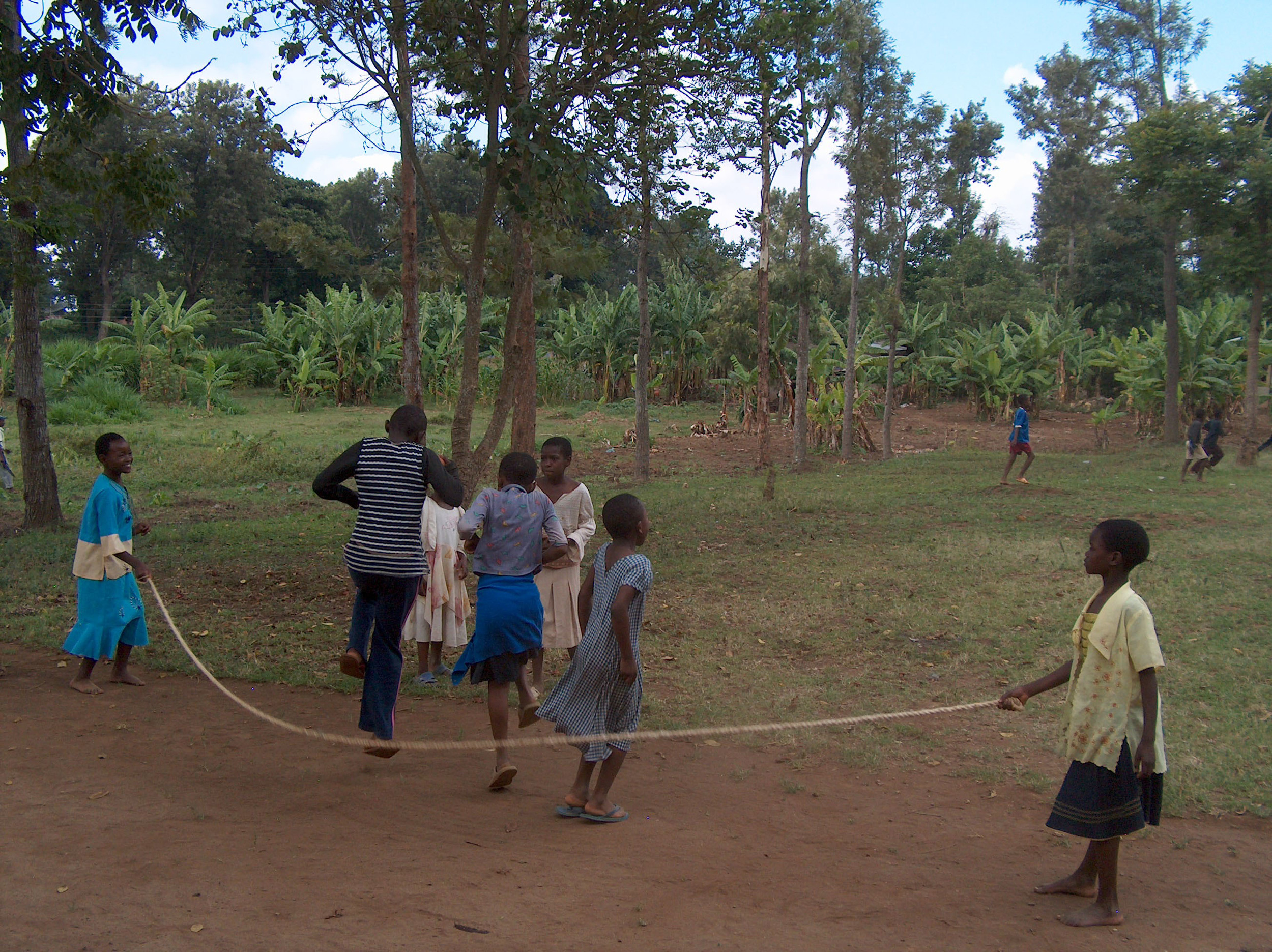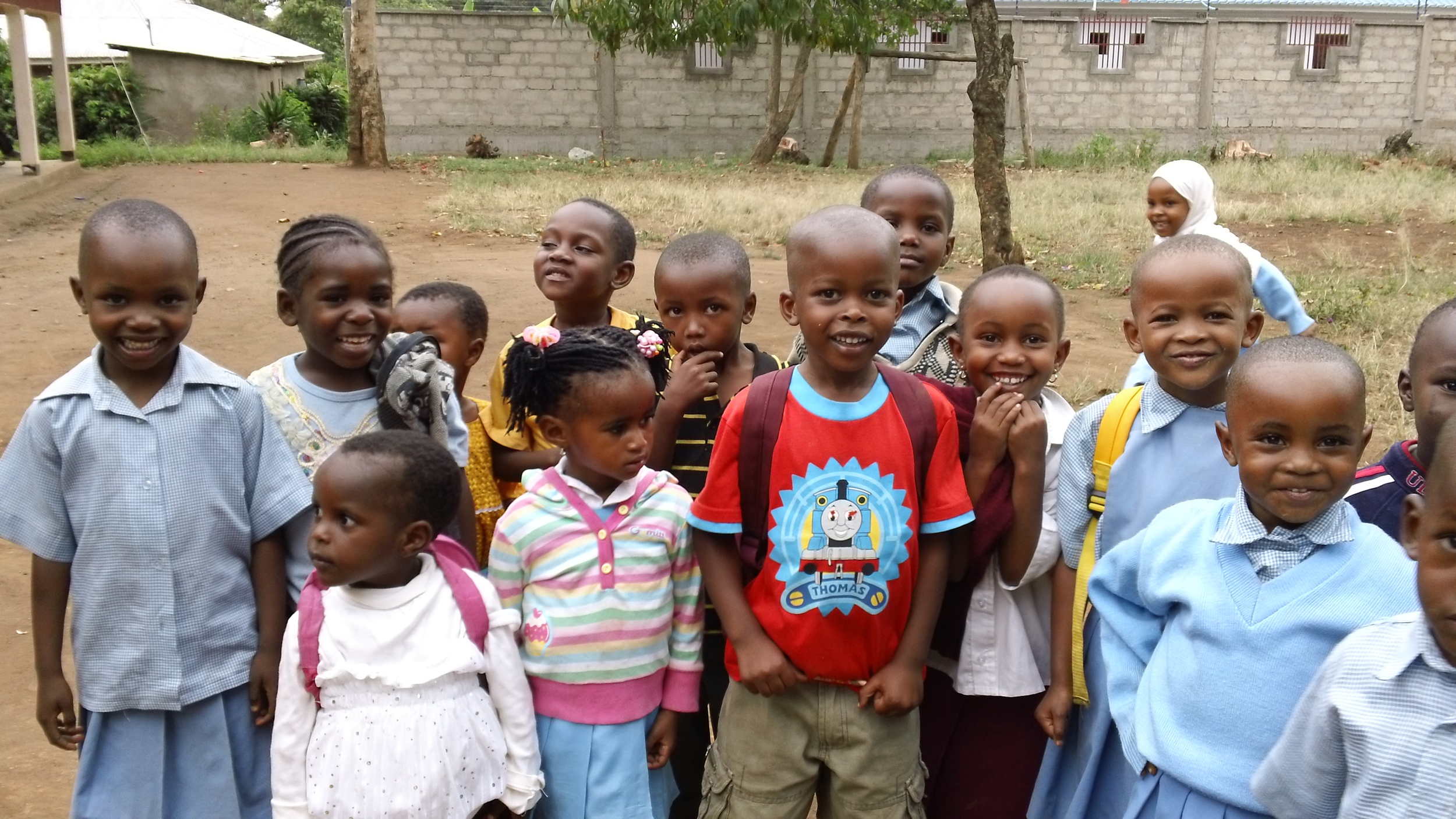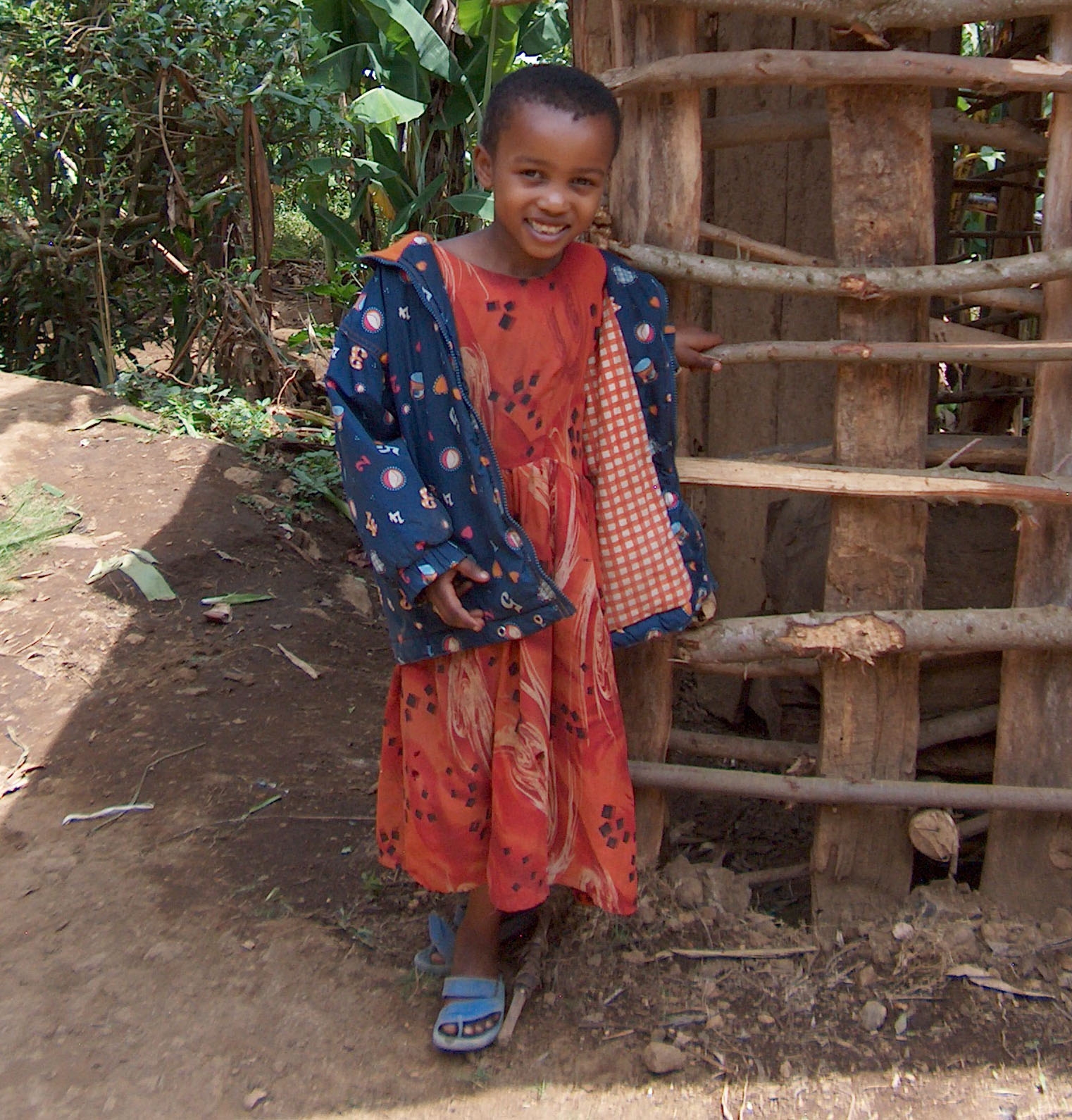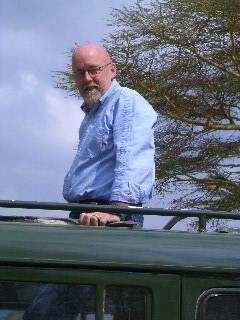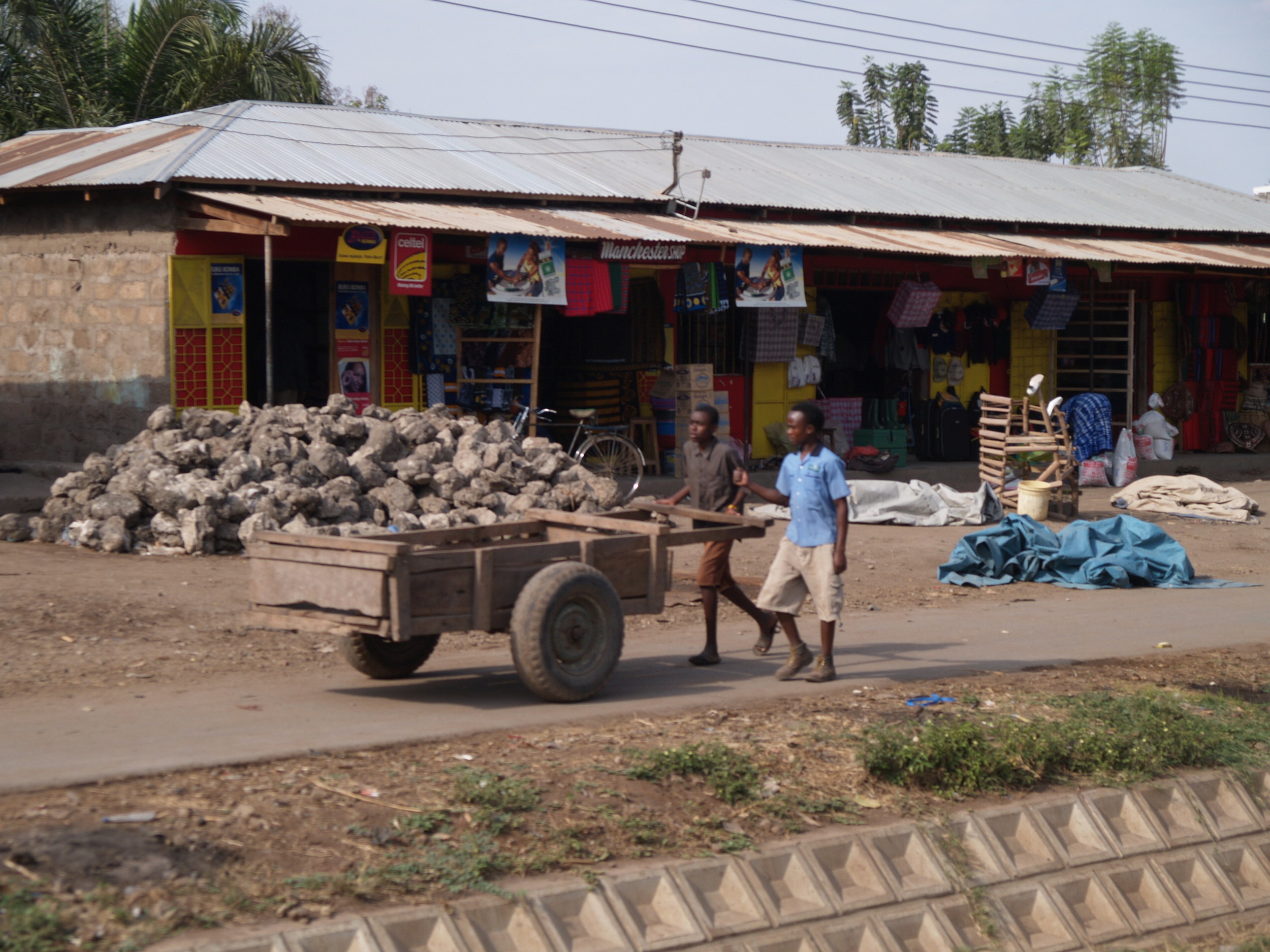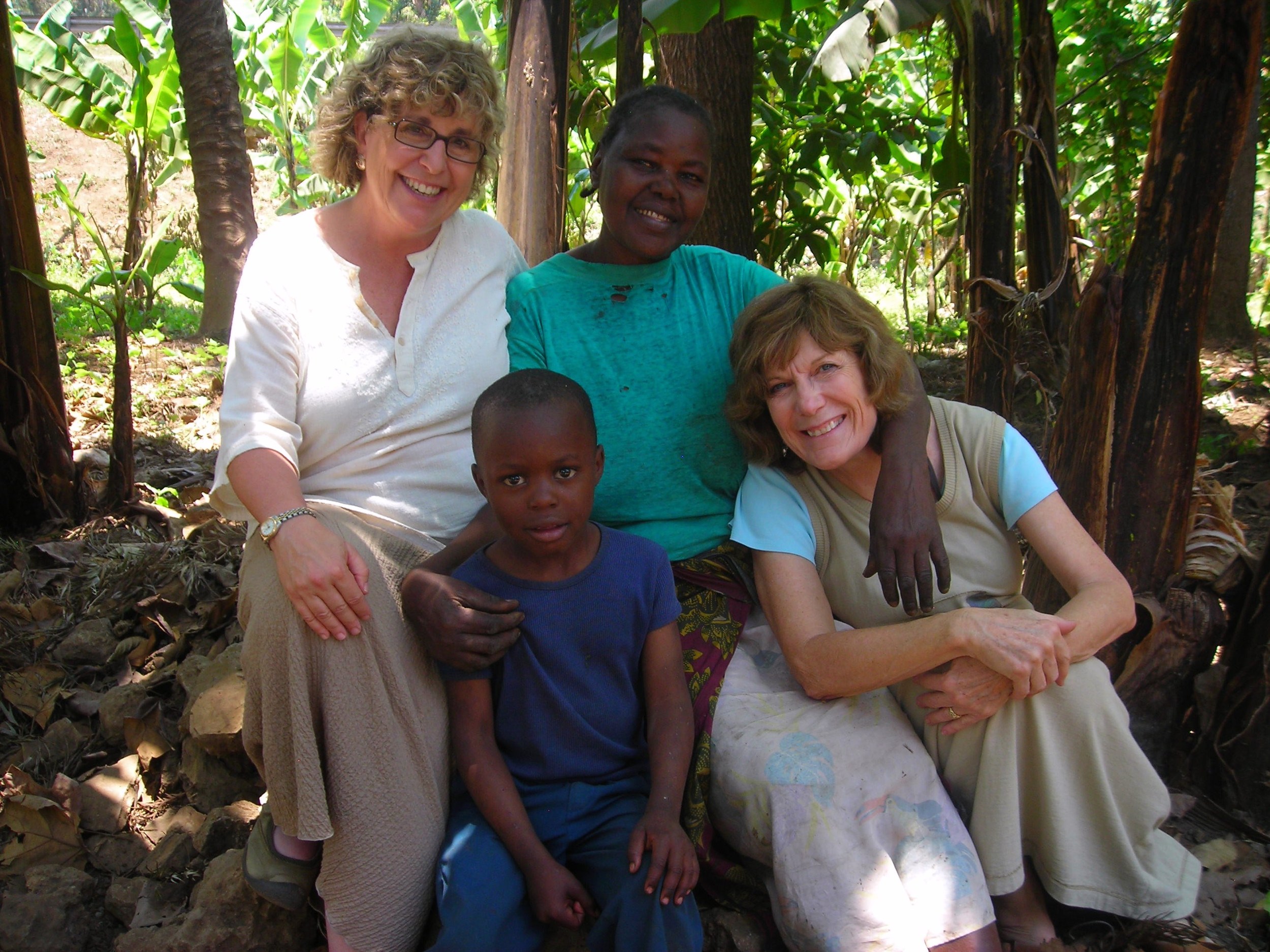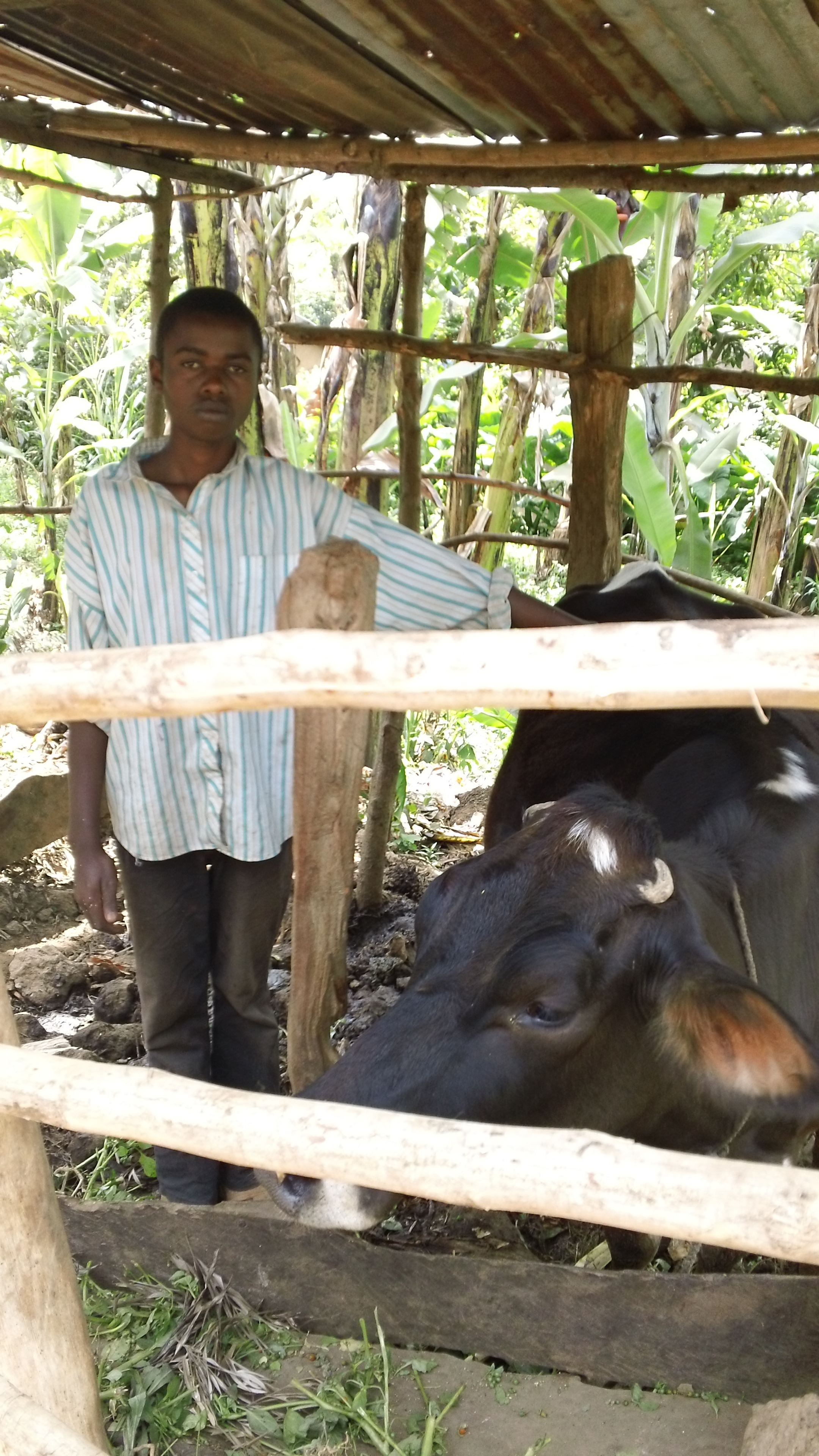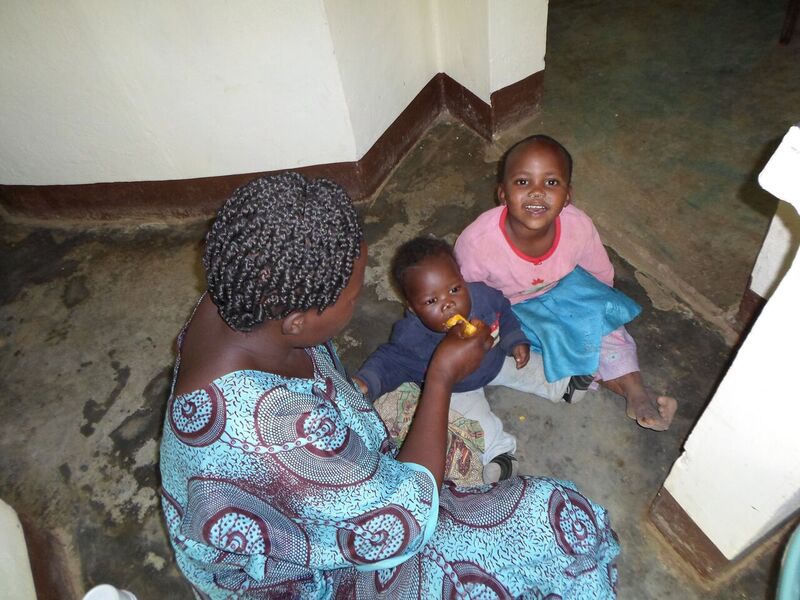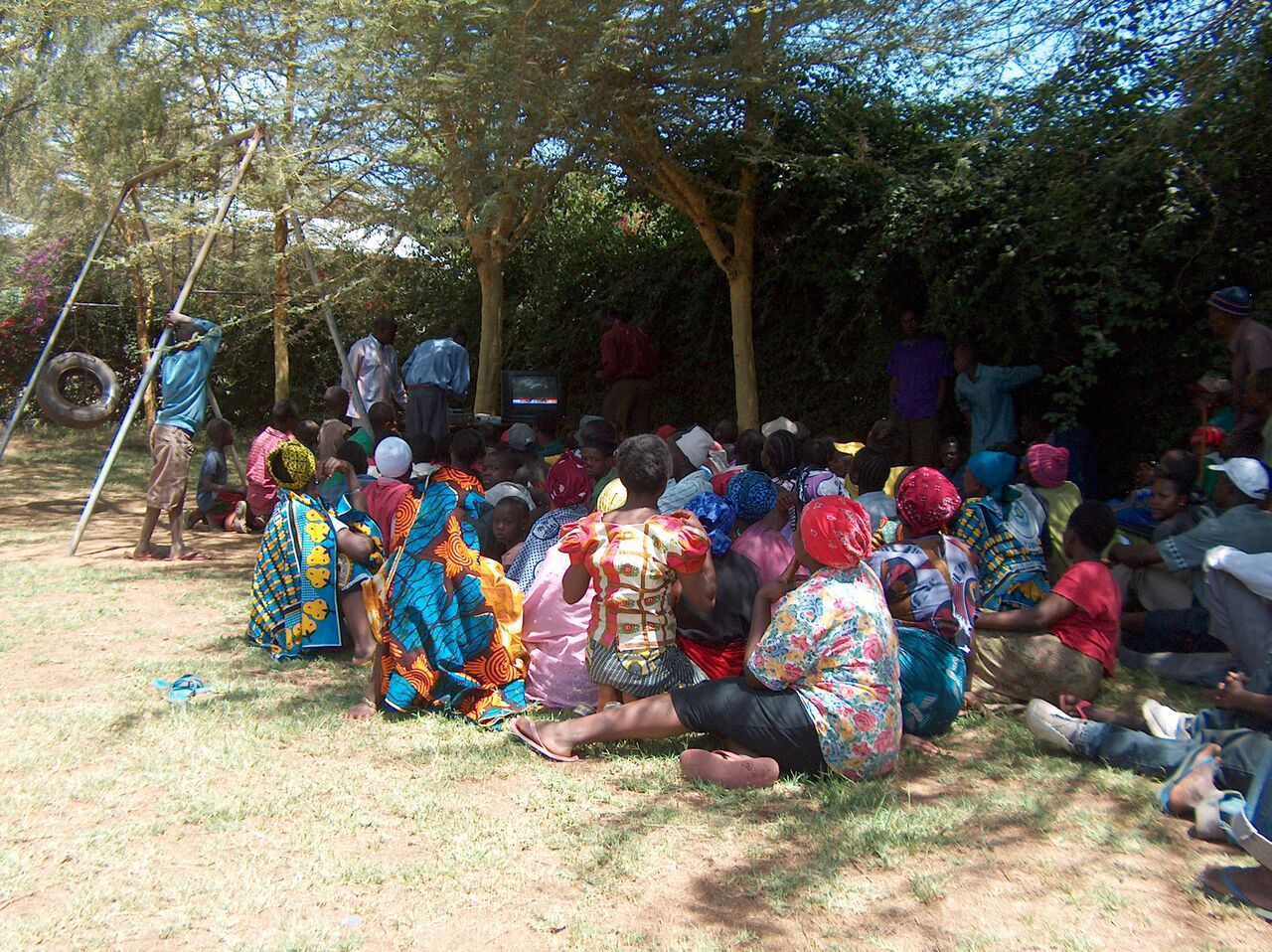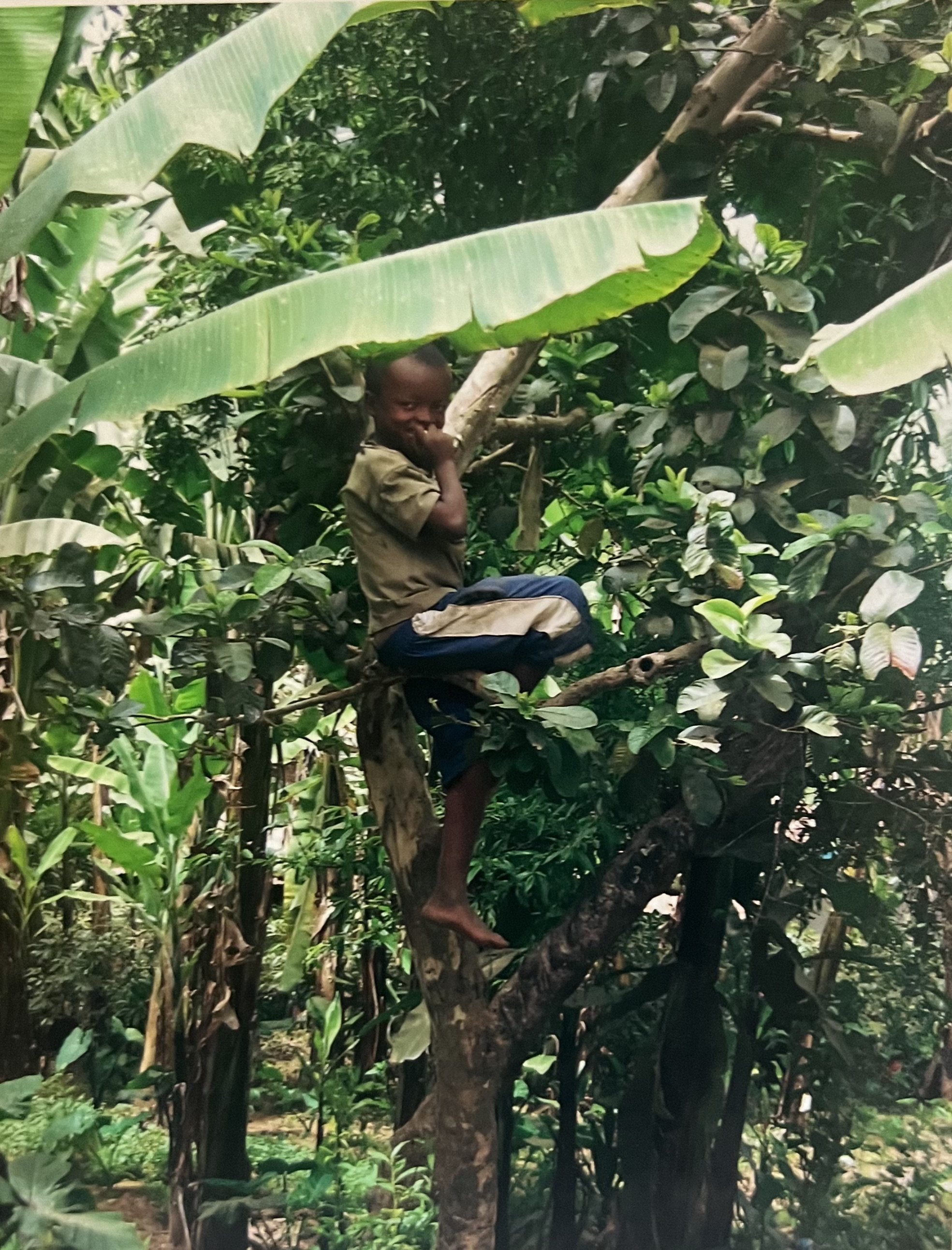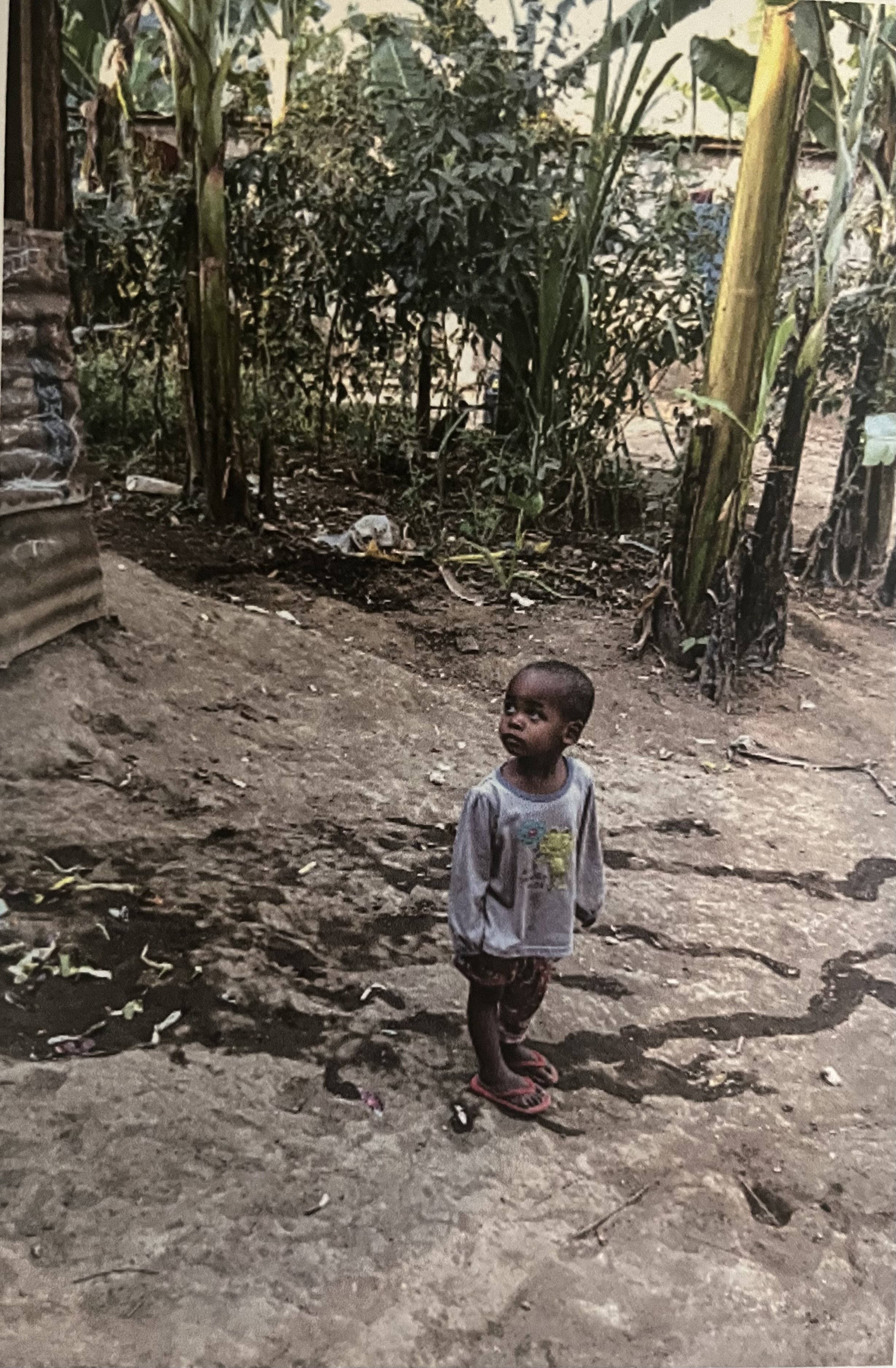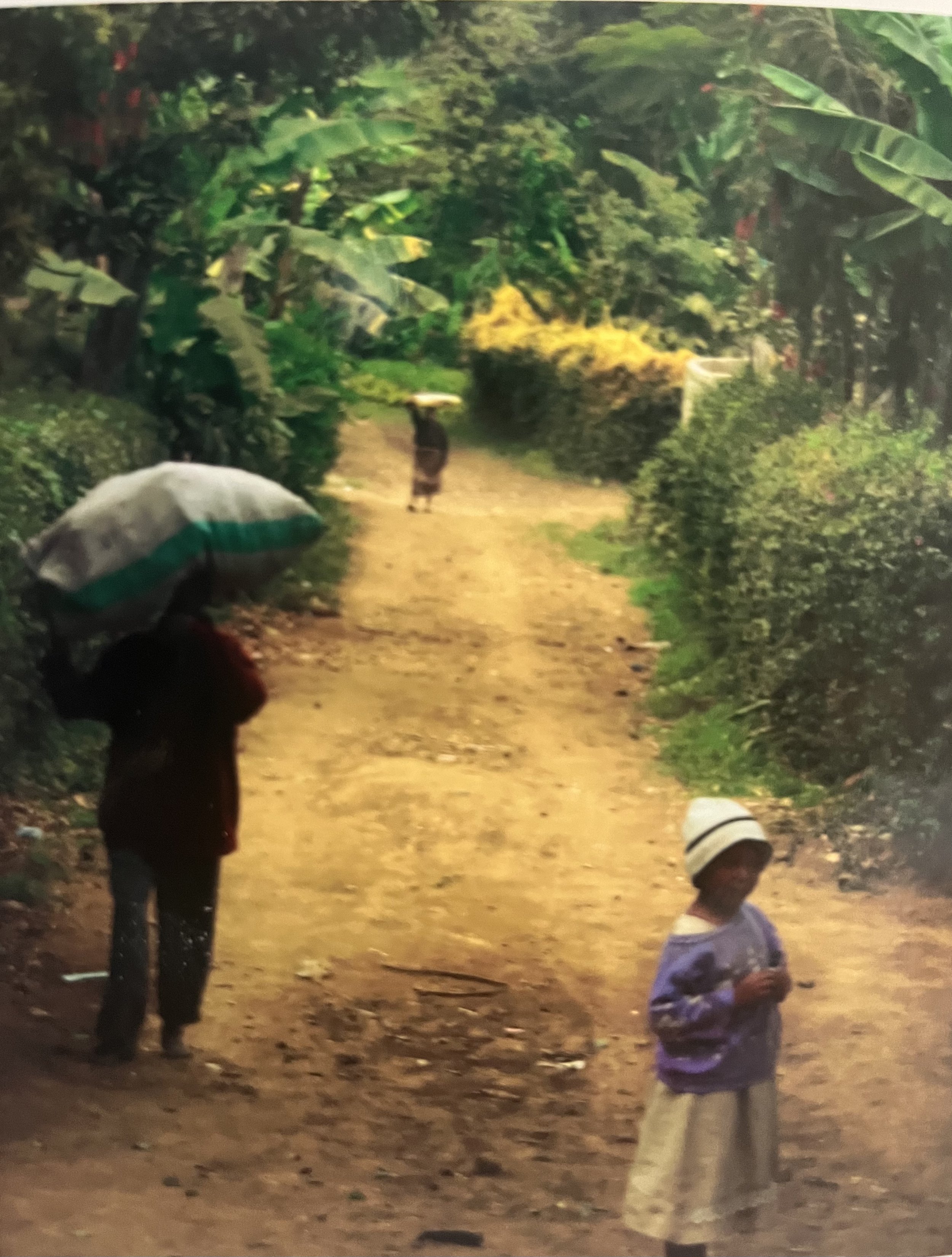HISTORY OF THE pAMOJA PROJECT
Carol Parker had a lifelong dream of doing international public health work, but as a mother of four she was not able to travel to Africa and pursue that dream. Once her kids grew up and moved out, she decided to give that dream a second look. In 2004, she took a month-long volunteer opportunity to work with AIDS-affected people in Tanzania, helping poor families with end-of-life care. On the plane ride home Carol decided to return to Tanzania to continue helping these people. Not long after, she founded the Pamoja Project to provide support for orphaned children and the families who cared for them. As she shared her experience, Carol's friends, family, and community joined in. Within 2 years Pamoja Project was supporting dozens of orphans, offering tailoring training and developing a micro-finance lending program.
As treatment for AIDS became available in developing countries, the Pamoja Project's focus shifted to helping vulnerable children and families, as well as people living with HIV/AIDS, by asking them, face to face, "What do you need?" Before long Pamoja Project was providing a full plate of supports to help Tanzanians living in poverty develop a better quality of life. In 2009 Pamoja Project began a collaborative project with Proctor & Gamble's Children's Safe Drinking Water Initiative that developed into a well-drilling program that provides long term access to clean water. A series of building projects, including a solar-powered orphanage, a new latrine for Ambureni Primary School and a new clinic were completed. In 2018 a welding program for teen boys was added to the vocational options available to local youth.
In 2024, we refined our mission to the education of Tanzanian children and youth. We continue to provide this important building block so that Tanzanians may create a better life for themselves and their country. For more information: About Tanzania.
Past Pamoja Projects in Review:
SAFE DRINKING WATER PROJECTS
The majority of Tazanian families use drinking water from a local stream they share with animals and farm runoff, or shallow wells often dug near to latrines. The rates of dysentery and the diseases that kill young children quickly are high.
Between 2009 and 2022 Pamoja Project, with partnership of Proctor and Gamble, provided the training and supplies resulting in 16 million liters of safe drinking water along with education on preventing water- borne disease.
Beginning in 2022, a collaboration with Waterboys.org and the Chris Long Foundation created the opportunity to dig deep wells that provide long-term solutions to the problem of unsafe drinking water for many Tazanian communities.
VOCATIONAL TRAINING - TAILORING
A majority of Tanzanian young people never go to, or finish, secondary school. Our Vocational Training Program gives them a shot at a productive life. To date, 300 vulnerable teen girls have graduated our Tailoring Training Program with skills to support themselves.
VOCATIONAL TRAINING - WELDING
In 2018 we opened our free welding training program for teen boys who are no longer engaged in the education system. During the training, the boys receive highly practical hands-on as well as theoretical training. The instructor also teaches business fundamentals, like calculating costs and setting profit margins. To date, 32 young men have completed their welding training.
After 1 year of training, each class of 8-10 students will be immediately employable, since every Tanzanian house and building has welded door and window bars and the demand for trained welders is high.
INCOME GENERATION and microloans
Poor households without access to capital have no way to develop their income generating capacity. Our microloan program has provided more than 800 loans to energetic heads of household who want to work their way out of poverty. In addition, 175 income generation projects have been provided to mothers, grandparents and caretakers of vulnerable children and those living with HIV/AIDS.
BUILDING PROJECTS
It is often impossible for Tanzanian communities to raise enough money to build or remodel schools, community healthcare facilities or other structures. Pamoja Project has partnered with citizens and communities to build a solar powered orphanage, a latrine building for a primary school with 840 students, a health clinic for 20,000 underserved residents of the Ambureni Ward and several rain/age-damaged homes of grandparents caring for AIDS-orphaned children.
COMMUNITY BANKS
Community banks are informal groups of people who come together to pool small frequent deposits to create lending opportunities for members of the group. Traditional banking is beyond the reach of many Tanzanians, who might have as little as 50 cents to deposit at a time but feel proud of their participation as well as having the trust of the group when it comes time for them to borrow. With small amounts of seed money, Pamoja Project has facilitated the formation of a Grandmothers Community Bank as well as several community banks created by beneficiaries of our clean drinking water initiative.
CLINIC / DISPENSARY
In 2015, the Tanzanian government offered the 20,000 residents of Ambureni village an amazing opportunity: the government would provide and financially support a clinic with a doctor, nurse, laboratory technician and medical supplies if the village would build the building that would house the clinic. Pamoja Project had long been a partner with the Ambureni leadership, particularly to the schools, and agreed to provide the funds for the construction, which was completed in mid-2016.
In the spring of 2016, a group of American volunteers helped with the clinic construction as well as remodeling several classrooms and the library at the Ambureni primary school.
Today the clinic is filled with villagers seeking medical treatment, pregnancy/birth/and family planning services, as well as consistent preventive care for the many children who make Ambureni their home.
All photography provided by Carol Parker, Craig Hale and Catherine Monserrat
